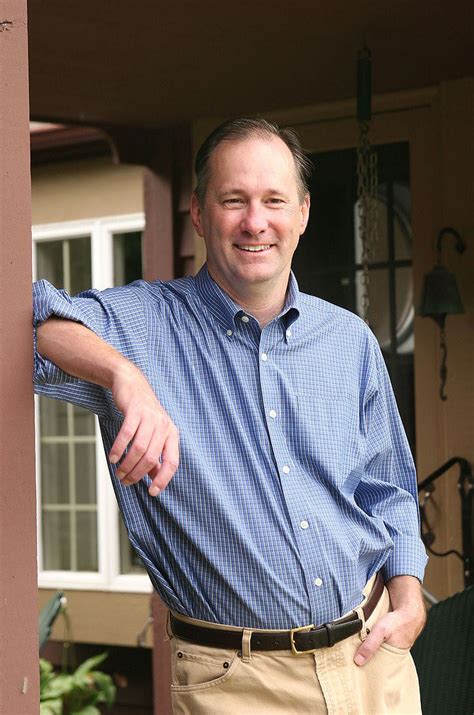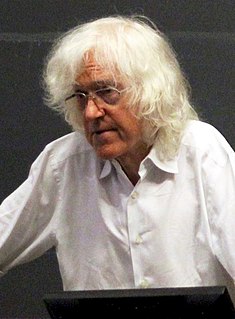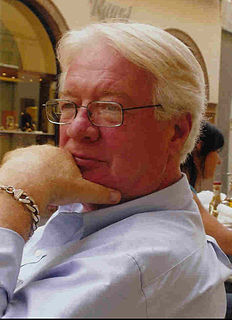A Quote by Friedrich August von Hayek
To rest the case for equal treatment of national or racial minorities on the assumption that they do not differ from other men is implicitly to admit that factual inequality would justify unequal treatment, and the proof that some differences do, in fact, exist would not be long in forthcoming. It is of the essence of the demand for equality before the law that people should be treated alike in spite of the fact that they are different.
Related Quotes
From the fact that people are very different it follows that, if we treat them equally, the result must be inequality in their actual position, and that the only way to place them in an equal position would be to treat them differently. Equality before the law and material equality are therefore not only different but are in conflict with each other; and we can achieve either one or the other, but not both at the same time.
Since nature does not endow all men with equal beauty or equal intelligence, and the faculty of volition leads men to make different choices, the egalitarians propose to abolish the "unfairness" of nature and of volition, and to establish universal equality in fact - in defiance of facts. It is not equality before the law that they seek, but inequality: the establishment of an inverted social pyramid, with a new aristocracy on top - the aristocracy of non-value.
The doctrine of equality! ... But there is no more venomous poison in existence: for it appears to be preached by justice itself, when it is actually the end of justice ... "Equality to the equal; inequality to the unequal" that would be true justice speaking: and its corollary, "never make the unequal equal".
Men agree that justice in the abstract is proportion, but they differ in that some think that if they are equal in any respect they are equal absolutely, others that if they are unequal in any respect they should be unequal in all. The only stable principle of government is equality according to proportion, and for every man to enjoy his own.
Plato in his dialogue The Phaedo says that whereas sticks and stones are both equal and unequal, (so maybe what that means is that each stick is going to be equal to some other sticks and unequal to some other sticks, so equal to the stick on the left maybe but shorter than the stick on its right) the form of equal is going to be just equal, and it won't partake of inequality at all. And it will be the cause of equality in things that are equal, for example, equal sticks and stones.
While reasons are provided by the facts,...rationality...depends instead on our beliefs. [...] [I]f I believe falsely that my hotel is on fire, it may be rational for me to jump into the canal. But I have no reason to jump. I merely think I do. And, if some dangerous treatment would save your life, but you don't know that fact, it would be irrational for you to take this treatment, but that is what you have most reason to do.
As Canadians who proudly demand the equal treatment of minorities, religious freedom, gender equality and basic human rights for its citizens - allowing our political leaders to shamefully ignore these values in the name of business abroad, falls short of the high standard we rightfully set for ourselves.
Our vulnerability [to ressentiment] is unavoidable (and probably incurable) in a kind of society in which relative equality of political and other rights and formally acknowledged social equality go hand in hand with enormous differences in genuine power, possessions and education; a society in which everyone "has the right" to consider himself equal to everybody else, while in fact being unequal to them.
If welfare and equality are to be primary aims of law, some people must necessarily possess a greater power of coercion in order to force redistribution of material goods. Political power alone should be equal among human beings; yet striving for other kinds of equality absolutely requires political inequality.
Except for their genitals, I don't know what immutable differences exist between men and women. Perhaps there are some other unchangeable differences; probably there are a number of irrelevant differences. But it is clear that until social expectations for men and women are equal, until we provide equal respect for both sexes, answers to this question will simply reflect our prejudices.



































